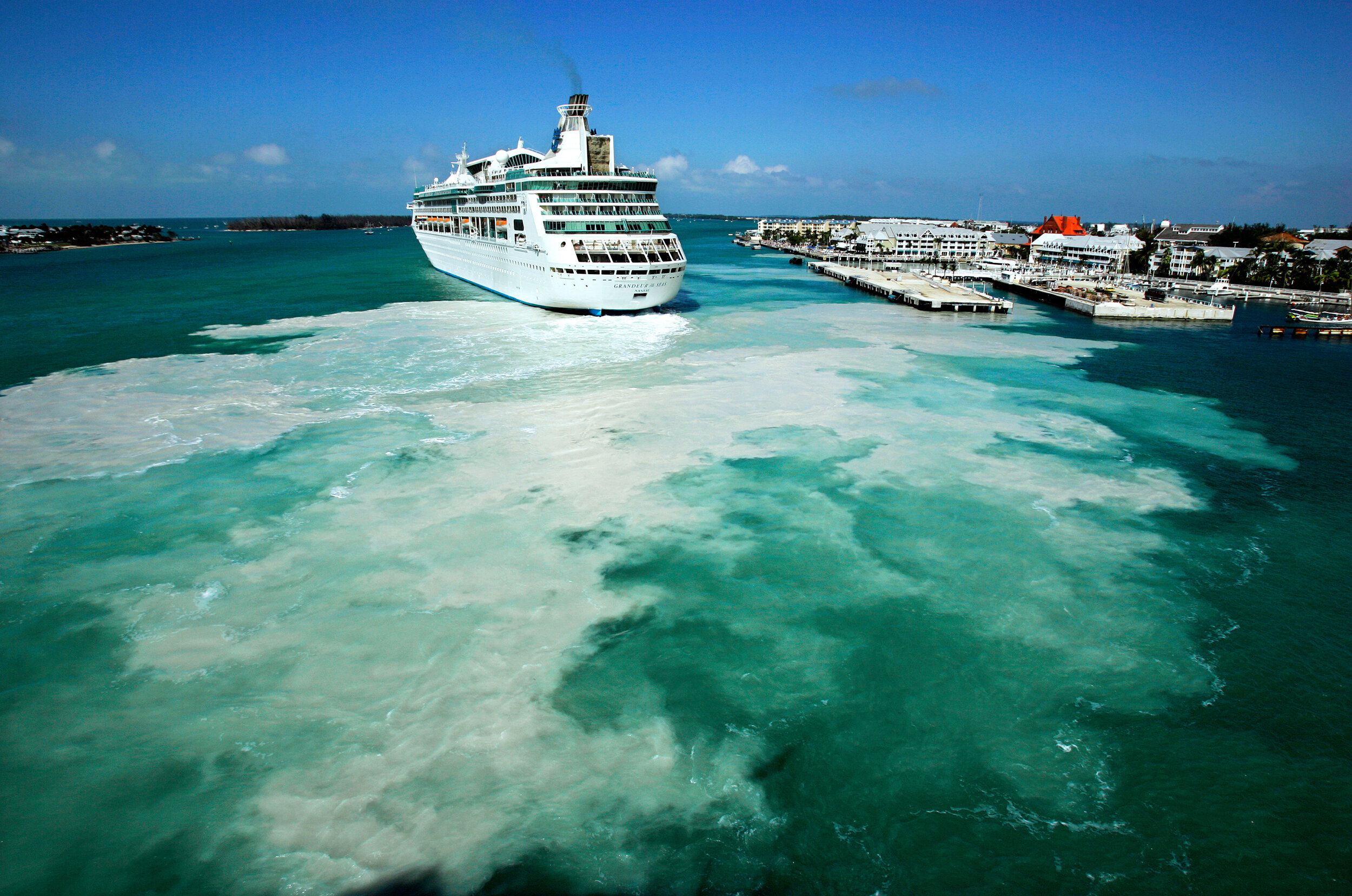
#STOP THE SILT
Key West voters overwhelmingly approved limits on cruise ships in November 2020. But in 2021, Florida Governor Ron DeSantis overturned the results of that election — following a disinformation campaign funded by the cruise industry and a lobbying blitz bankrolled by billionaire cruise pier operator Mark Walsh, who donated $1 million to DeSantis’s reelection campaign as the bill was being debated in the Florida Legislature.
We never gave up.
In 2022, our Committee drafted the One Ship Policy (Res. 22-073). Enacted by unanimous vote of the Key West City Commission, this established a new limit of one cruise ship per day and has eliminated large cruise ships from City-controlled piers at Mallory and the Outer Mole. Damaging cruise ship visits to our waters have been reduced by 50%.
Large cruise ships are still coming to Mark Walsh’s Pier B, and that’s still a problem. Pier B Dev. Corp. is often in violation of its lease agreement with the State of Florida, and its operations frequently cause violations of state water quality standards.
We won’t give up.
We support the hard-working people of the Florida Keys and will always fight to protect our reef, our fishery, and our economy from the threat of large cruise ships.
Or follow us on Facebook, Twitter, YouTube, and Instagram.
The Florida Keys are home to the world's third-largest barrier reef and an ecosystem so fragile that it is designated a State Area of Critical Concern. Key West is the only cruise port in the world with such a shallow and narrow main channel in such close proximity to coral reef ecosystem habitats that depend on clear, clean water for their survival. The channel runs directly through the Florida Keys National Marine Sanctuary and near some of the most sensitive ecological preserves in the hemisphere, including the Key West National Wildlife Refuge and Sanctuary Preservation Areas such as Western Dry Rocks.
For decades, Florida Keys fishermen sounded the alarm about the damage our ecosystem suffered from large cruise ships, and in 2005, researchers documented the problem of ship-generated turbidity and its threat to marine life in this unique and fragile part of the world. But nothing was done to address the problem, and by 2019 the average cruise ship calling at Key West had grown by 30%, with the largest ships 45% larger than they were just 15 years before.
When the federal government halted cruise ship operations worldwide in 2020, a group of born-and-raised locals organized a voter initiative so that the people could decide the future of cruise ships in Key West. In November 2020, during the highest-turnout election in Key West history, a supermajority voted to change the business model of our port — to turn away from the big problems of big cruise ships and reinvent the Port of Key West as a small-ship destination.
It wasn’t easy. The Harbor Pilots Association filed a federal lawsuit to stop the vote, but we prevailed; and we successfully defended against a state suit that tried to stop the votes from being counted. We earned an overwhelming victory at the ballot box despite a massive dark-money disinformation campaign funded by the cruise industry. But then the Florida Legislature passed a bill to cancel the vote of the people and Governor DeSantis signed it after receiving almost $1 million in campaign contributions from Mark Walsh, the billionaire cruise pier operator who bankrolled the legislation.
Our opponents said we wanted to ban cruise ships, but that was never true. Dozens of the world’s most beautiful cruise ships qualify to call on Key West under the voter-enacted size limits.
Our opponents said limits on large cruise ships would decimate the local economy, but that wasn’t true either. After more than a year without a single cruise ship, the Florida Keys had the strongest economy in the state of Florida and one of the lowest unemployment rates in the US.
Our opponents said Key West’s cruise ship limits would hurt the entire seaport economy of Florida, but that was another lie. Total economic output of the Port of Key West was less than 1/10th of 1% of all economic activity at Florida’s sea ports, according to a 2016 report.
Our opponents say there’s no connection between large cruise ships and water quality issues in the Florida Keys. But Florida International University scientists found that local water quality improved significantly in the absence of large cruise ships. Leading environmental organizations from around the world joined our call on Governor DeSantis to protect Florida’s imperiled coral reefs by vetoing the bill.
The truth is, sensible limits on cruise ships in Key West will protect our coral reef and the tourist economy that depends on it. We will keep fighting to limit large cruise ships and defend the will of the people of Key West.
